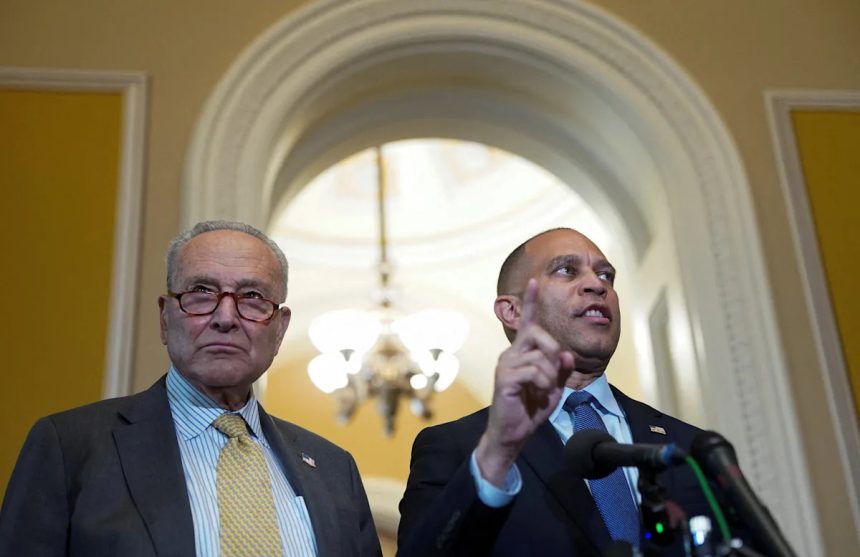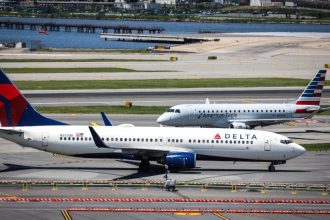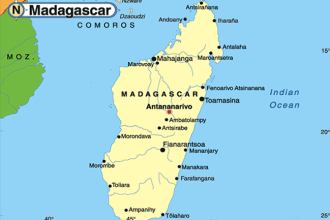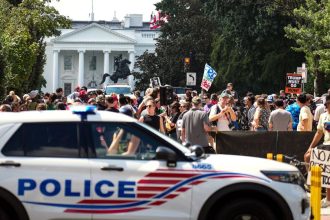The government could partially shutdown on Oct. 1 as Republicans and Democrats in Congress have yet to come to an agreement on funding.
Democrats have been refusing to support a funding bill unless the legislation undoes recent Republican cuts to healthcare programs.
“Our positions show where our values are. President Trump wants a shutdown to mass fire federal workers. Democrats want to negotiate a deal that saves millions of people from having to pay more for health care,” Vermont Sen. Peter Welch, a Democrat, posted on social media on Sept. 28.
“If Trump wants my vote to fund the government, he must not raise health care premiums by 75% for 20 million people or throw millions off health care,” Sen. Bernie Sanders, I-V.T, posted the day before.
President Donald Trump was expected to meet with Senate Minority Leader Chuck Schumer and House Minority Leader Hakeem Jeffries to negotiate over funding on Monday, Sept. 29. He had previously cancelled a meeting with them that had been scheduled for Sept. 25.
Here’s what you need to know about how a shutdown could affect you in Vermont.
When could a government shutdown happen?
The current funding for the government expires at midnight on Sept. 30, with Oct. 1 being the potential start of a partial government shutdown.
How could a government shutdown impact Vermont?
During a government shutdown, all federal agencies and services that officials do not deem “essential” must stop working.
Essential services include the U.S. Postal Service, Medicare and Social Security services and air-traffic control.
“Non-essential” work, however, must pause. During a government shutdown, hundreds of thousands of federal workers deemed nonessential would be furloughed until funding is passed, meaning they won’t work and won’t be paid.
There are over 3,300 federal civilian employees in Vermont who would be furloughed or required to work without pay if a shutdown occurs, according to congressional data.
Senate Minority Leader Chuck Schumer listens as House Minority Leader Hakeem Jeffries speaks during a press conference at the U.S. Capitol on July 22, 2025.
Will a government shutdown impact travel?
The Patrick Leahy Burlington International Airport sees about 700,000 passengers a year, which is about 1,900 a day.
During a government shutdown, airport security screeners and air traffic controllers remain on duty, but without pay. If the shutdown lasts until employees will not or cannot continue to work without pay, as has happened before, travelers could experience longer wait times and flight delays.
Will I still receive mail during a government shutdown?
Yes. The U.S. Postal Service is not affected by a government shutdown.
What happens to national parks during a government shutdown?
National parks, monuments and other sites could close to the public, with rangers furloughed and facilities shut down. Some states may temporarily fund park operations, as seen during the 2018-2019 shutdown, but may see trash buildup and a lack of visitor services.
Will Social Security checks go out during a government shutdown?
The Social Security Administration is projected to pay out $1.6 trillion to 72 million beneficiaries this year, making it a vital economic lifeline for much of the country.
A shutdown won’t disrupt those payments.
Social Security is a mandatory spending program that is not subject to annual appropriations. However, staffing and some services could be impacted if they have a discretionary spending component, according to the Committee for a Responsible Budget, a nonprofit that studies federal fiscal policy.
What happens to Medicare and Medicaid during a shutdown?
The federal Medicare and Medicaid health insurance programs also are considered mandatory spending, meaning benefits won’t be impacted if the government shuts down.
What happens to veterans’ benefits and food assistance during a shutdown?
Similar to Social Security, veterans continue to receive their benefits and medical care.
Programs like the Supplemental Nutrition Assistance Program (SNAP) are also considered mandatory spending, but could be affected if the shutdown lasts longer than 30 days.
What happens to the military during a government shutdown?
All active-duty U.S. military personnel stay on the job, but without pay, affecting the 14,798 active duty and reserve personnel in Massachusetts.
What about law enforcement?
Federal law enforcement agencies, including the FBI, DEA and prison staff will remain operational. The Secret Service and Coast Guard will continue their duties.
How long could the shutdown last?
The federal government has partially closed down 21 times for a total of 162 days since 1977. That’s an average of nearly eight days per shutdown.
The longest government shutdown lasted 35 days. Spanning from Dec. 22, 2018 to Jan. 25, 2019, it is also the most recent federal shutdown in U.S. history.
It was the third federal shutdown to occur during the Trump administration; the first lasted three days in January 2018, and the second lasted only a few hours in February 2018.
The second longest government shutdown occurred during the Clinton administration. It lasted 21 days from Dec. 16, 1995, to Jan. 6, 1996.
Contributing: Zac Anderson, Bart Jansen
This article originally appeared on Burlington Free Press: Will there be a government shutdown? How it could affect Vermont









